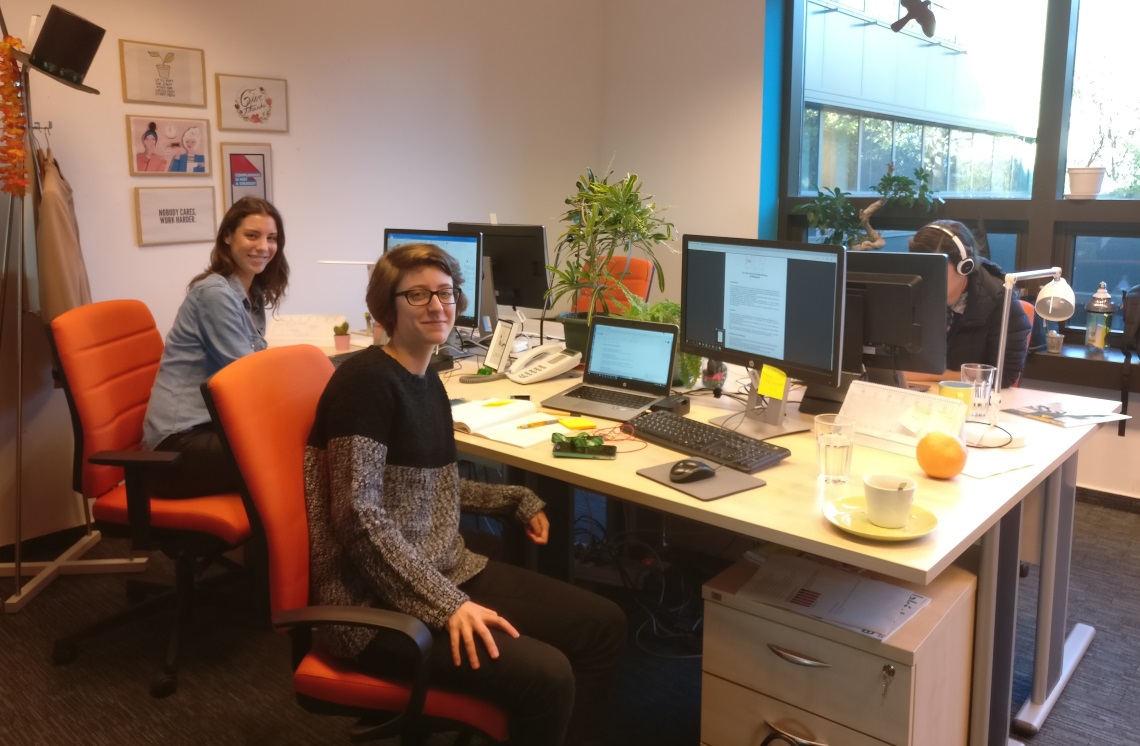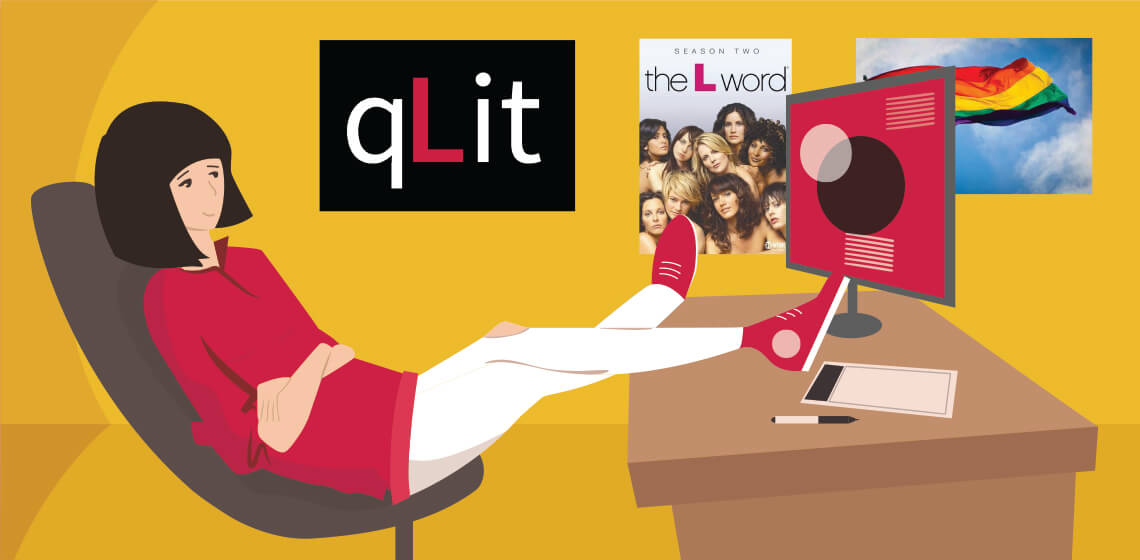I consider myself lucky, because coming out didn’t ruin anything in my life. Thanks to the support I got from my environment I was able to handle the topic with such confidence, it was never a question if I should express myself freely at my workplace.
When I was younger, I used to be much more aggressive about this, turning to people with much less empathy. I wasn’t willing to consider that not everyone can understand and support the LGBTQ+ community instantly. As time went by and I met more and more different people, I started to realize that my situation is a privileged one, which even others might benefit from.
When it comes to defining it I say I am an activist in my own personal environment, trying to form people’s opinions in my own little ways. I don’t use big words or science to prove myself, I’m just not being secretive about who I am. Those who know LGBT people personally are more likely to support their equality, because people fear what they don’t know. By the way, the statistics say that in Hungary only 14% of the population knows that their acquaintances might be lesbian, gay or bisexual. (source: Budapest Pride)
However, the workplace could be an ideal space we can use to change the statistics.
It’s where above all, we are judged by our qualities and performance. Who we are as people only comes in second place. So first we have to prove ourselves by doing our job, what we do after work only comes afterwards.
My personal experience and point of view comes from the fact that the sector I work for is kind of liberal. I currently work for a multinational corporation, doing marketing, communication and advertising, so people around me are diverse in many senses. We are different age, we all come from different backgrounds, with different values at the company.

When I came to work here, I swore to myself that I wouldn’t be so aggressive. It took a couple months of being part of the team until I started dropping hints and words here and there in conversations. Instead of saying “my ex” I used “my ex girlfriend”. Instead of telling about my flatmate, I told them about my girlfriend, whom I lived with. These small things are what I use to make others feel like I’m not making a big confession, it’s just another part of me. Like I would tell that I have a dog or that I love Robert Merle’s books. Of course if anybody would like to talk about it in detail, I’m open to it, and after some time it becomes a part of our conversations naturally, I just don’t want to make them feel like this is something we HAVE TO discuss.
So this absolutely works for me and I don’t have to waste a second thought about whether I should say something out loud or what if somebody sees my computer screen or what kind of looks I get if I start talking about qLit publicly.
With my colleagues we respect each other’s work and private life as well, and I hope that the way they see me and our community can help some people start to change their way of thinking and maybe change the way the public sees us.
Agreeing with the words of Budapest Pride, I say: If you can come out, take the chance and be yourself! It helps the acceptance of the LGBTQ+ community more than you would think.
Translated by Éva Csermendy

